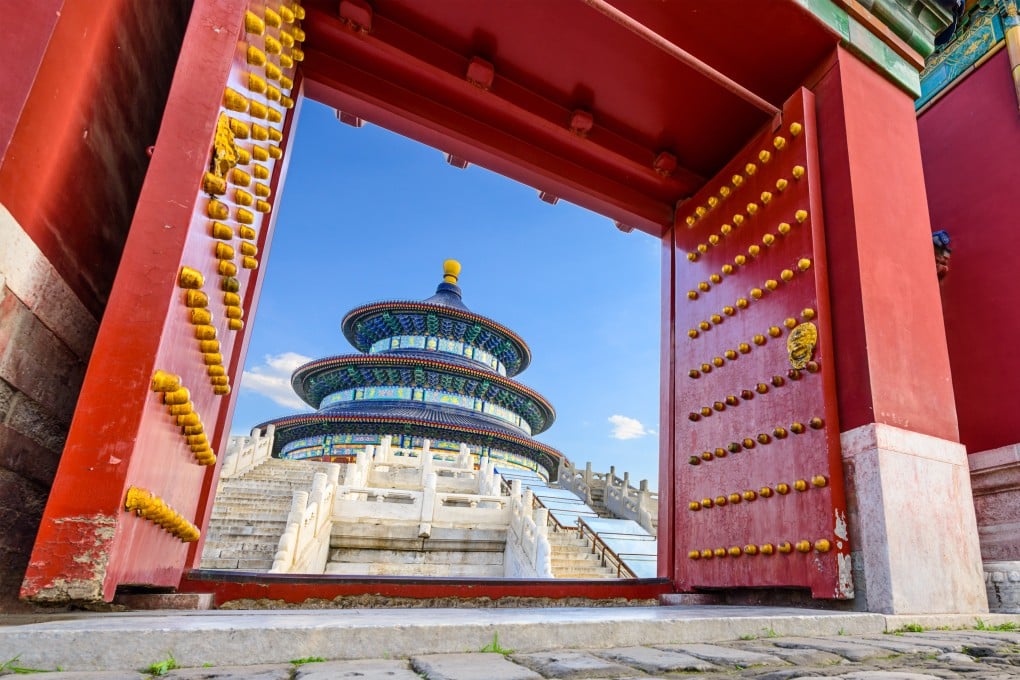China Briefing | Is China closing its doors? Its leaders say no, but actions speak louder than words – and more clarity is needed
- An otherwise run-of-the-mill academic article on imperial isolationist policy commissioned by a state-affiliated institution has sparked fierce debate
- It shows the unease being felt at home and abroad over the once-unthinkable: that China’s open-door policy of more than 40 years is now in question


The article, whose title can be roughly translated as “A Fresh Look at the Isolationist Policy in the Ming and Qing Dynasties”, argues that China’s feudal rulers from the 16th to the 19th centuries did not pursue a policy of complete isolation, as is widely believed, but one of “self-restriction” designed to protect the country’s national interests and sovereignty, and ward off Western invasion and colonisation.
It concluded that voluntary restrictions on border openings made historical sense, even though those policies contributed to China’s decline because its rulers refused to accept advanced Western technology and weaponry.
The 15,000-word article was first published in an obscure journal called “Historical Research” in June and would have likely remained only of interest to a small circle of academics, had it not been shared on social media by the state-affiliated Chinese Academy of History, which commissioned the article.

